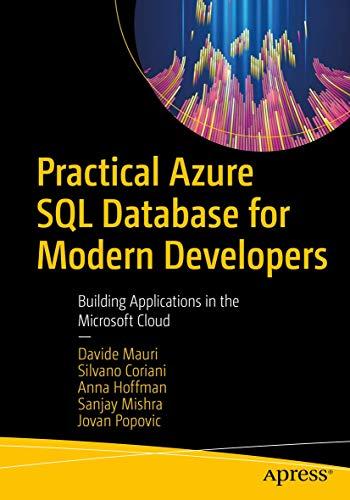Answered step by step
Verified Expert Solution
Question
1 Approved Answer
question in computer science Media applications that play audio or video files are part of a class of workloads called streaming workloads ie they bring
question in computer science Media applications that play audio or video files are part of a class of workloads called "streaming" workloads ie they bring in large amounts of data but do not reuse much of it Consider a video streaming workload that accesses a KiB working set sequentially with the following word address stream: dots Assume a KiB directmapped cache with a byte block. What is the miss rate for the address stream above? How is this miss rate sensitive to the size of the cache or the working set? How would you categorize the misses this workload is experiencing, based on the C model? $$ Recompute the miss rate when the cache block size is bytesbytes and bytes What kind of locality is this workload exploiting? $ Prefetching is a technique that leverages predictable address patterns to speculatively bring in additional cache blocks when a particular cache block is accessed. One example of prefetching is a stream buffer that prefetches sequentially adjacent cache blocks into a separate buffer when a particular cache block is brought in If the data are found in the prefetch buffer, it is considered
Step by Step Solution
There are 3 Steps involved in it
Step: 1

Get Instant Access to Expert-Tailored Solutions
See step-by-step solutions with expert insights and AI powered tools for academic success
Step: 2

Step: 3

Ace Your Homework with AI
Get the answers you need in no time with our AI-driven, step-by-step assistance
Get Started


